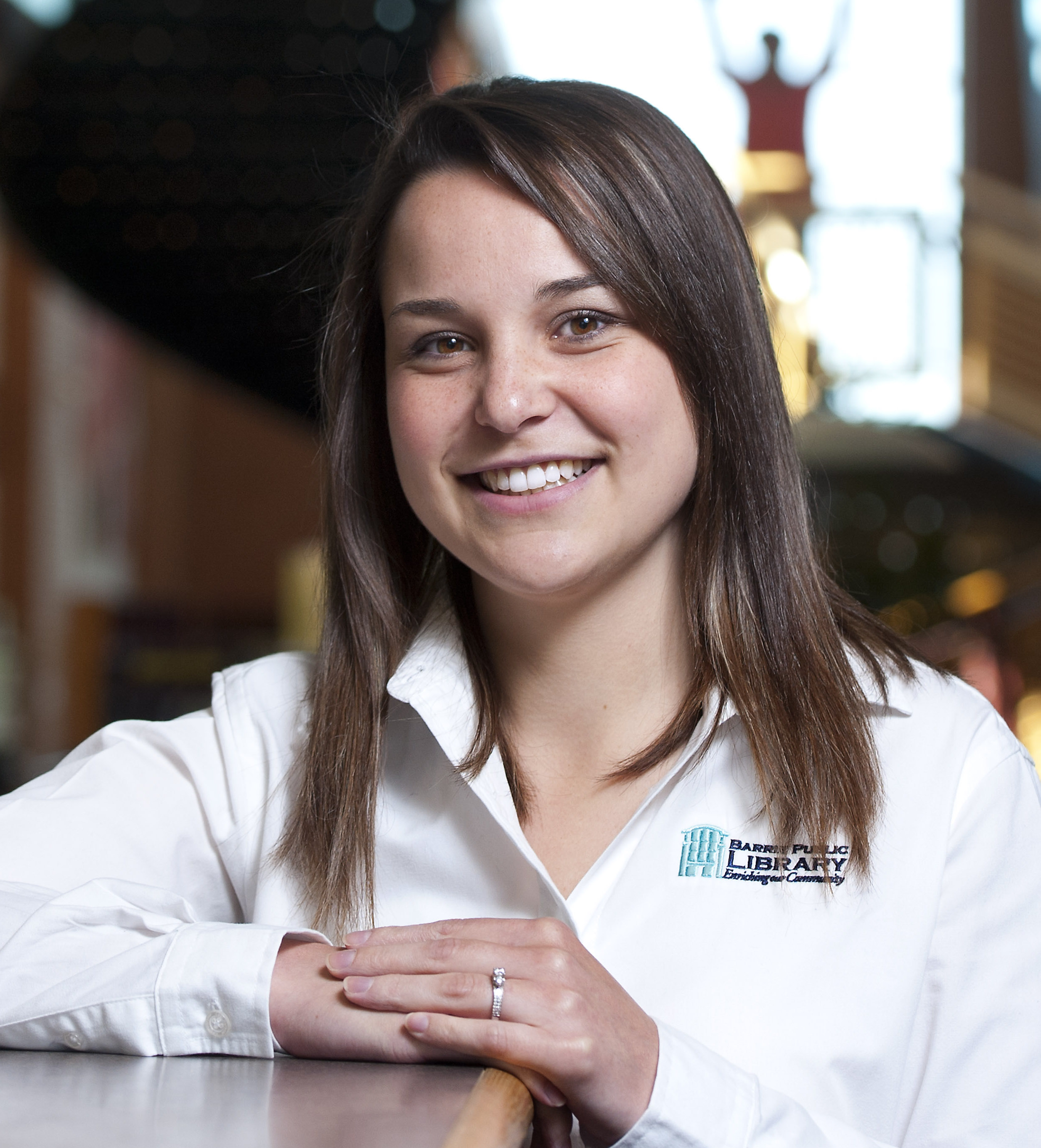- Home
- About Us
- The Team / Contact Us
- Books and Resources
- Privacy Policy
- Nonprofit Employer of Choice Award

 School is out and summer is here! For many, this is a time of opportunity. Looking for that first job as a fundraising professional in a sector that is thirsty to attract and engage the next generation.
School is out and summer is here! For many, this is a time of opportunity. Looking for that first job as a fundraising professional in a sector that is thirsty to attract and engage the next generation.
This time five years ago, I was just wrapping up my final semester studying in the Fundraising and Resource Development Program at Georgian College. Like all students, I had big ideas and was itching to get into a role where I could put them into action. I found myself at an interesting point in my career where I was deciding which causes I felt most passionate to work with, whether I wanted to become a generalist or specialist and what capacity I wanted to be involved in.
It seemed like the number of opportunities were endless and I wasn’t sure where to begin. That being said, I have met some incredibly talented and influential people over the years. I’m grateful for all of the fabulous conversation with people who have helped make the transition to professional life quite enjoyable.
Whether you are someone who is transitioning into a career in the charitable sector, or you are simply looking to refresh your perspective, here are my 5 tips to help enhance the first 5 years of your career.
1. Ask yourself, what is my vision?
It seems kind of strange to think about, and not to mention a long way away, but I sometimes wonder, ‘What will others say about me when I retire? What legacy will I leave? What can I contribute to help advance and strengthen the charitable sector?’ This has challenged me to really look at myself as a fundraising professional and determine what’s important to me and then to start setting goals. Whether it’s within the first 5 years, next 10 years or even 15 years, it is important to understand yourself as a fundraising professional and create goals. Staying true and constantly challenging yourself to reach these goals will help you become what you wish to aspire to be.
2. Get involved
This is an important one. Perhaps it’s being involved on a special task force or committee where you work, volunteering at an organization in your neighbourhood or making a commitment in an executive role on a board. Opportunities like these are great to meet new people. You can even try having cross-departmental discussions, exercise your transferable skills and simply learn new things. And let’s not forget networking. From conferences to informal groups in your community, approach each opportunity as a time to connect with someone new and hone those relationships that you do have with fellow professionals. You never know where the discussion might lead.
3. Find a mentor
I have been very fortunate to cross paths with many incredibly talented and influential people over the years. I am forever grateful for the time and energy they have invested in me as well as, the advice offered in a sensitive period of my career. Over lunch, a cup of coffee or quick phone call, working with an experienced professional who you confide in and sees potential in you is the greatest compliment. Being able to return the favour will help the charitable sector grow and flourish!
4. Invest in yourself
Learning does not stop once you cross the stage and receive your diploma from the Dean of your program; learning is lifelong and is something that you are responsible for your entire career. Create a professional development plan to coincide with your goals. Attend conferences, workshops, and seminars. Think about taking part-time studies. Make it a point to incorporate professional development into your weekly planning through organizing lunch and learns with your team, attending webinars, subscribing to and reading relevant newsletters and staying on top of sector news and trends. It’s easy to become too busy and let other items take priority over your schedule however these are all things that will continue to add to your professional development and benefit your long term career.
5. Take a chance
It seems like every interview asks the same question, “Can you tell us about your greatest weaknesses?”. Let’s be honest, everyone has a weakness. There is always something to improve or work on. You’re not the only one who feels like there’s a knot tightening in their stomach as you prepare yourself for a presentation. It’s as the old saying goes, practice makes perfect. Get out there and take chances to improve those areas that need improvement. Or consider finding your voice and publishing an article here like I did! Things like presentations and articles can be scary, but you will thank yourself later.
I wish you all only the very best as you navigate the first 5 years of what will be a fantastic career!
Katelyn Lees is a proud alumni of Georgian College’s Fundraising and Resource Development Post-Graduate Program. Katelyn works at the Barrie Public Library where she assumes the role of Associate Manager, Philanthropy & Community Engagement. She is very active in the community, volunteering for a variety of causes. Katelyn also serves as the Director of Membership for the Planned Giving Council of Simcoe County, past executive member of Georgian College Fundraising Program Advisory Board and participates in professional associations like the Association of Fundraising Professionals (AFP) of Greater Toronto and the Canadian Association Gift Planners (CAGP). Katelyn is looking forward a long and satisfying career in the charitable sector and is happy to hear from any new up and coming fundraisers or those thinking about fundraising programs for their education.